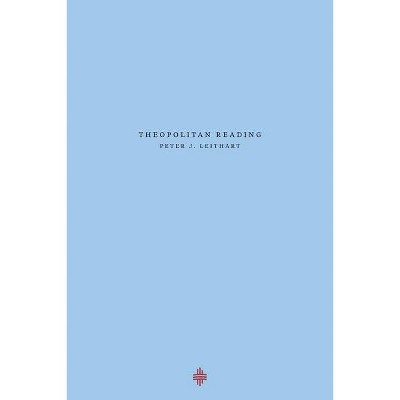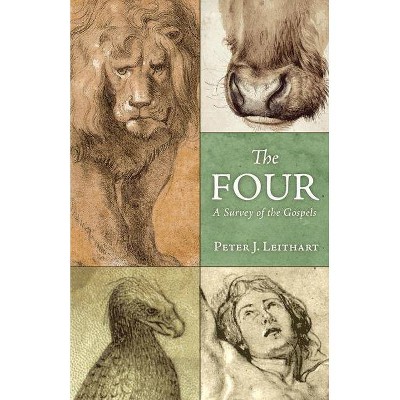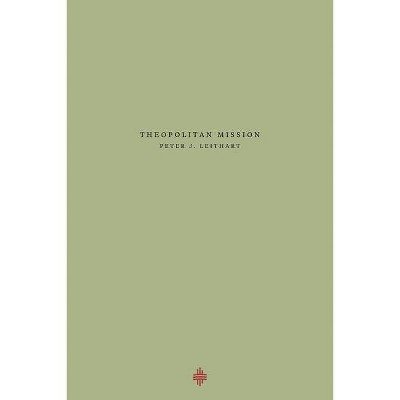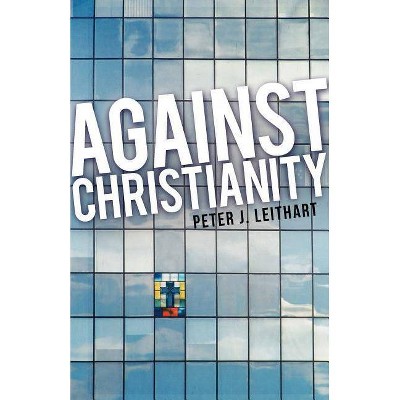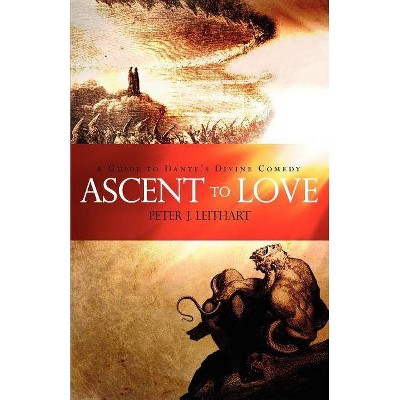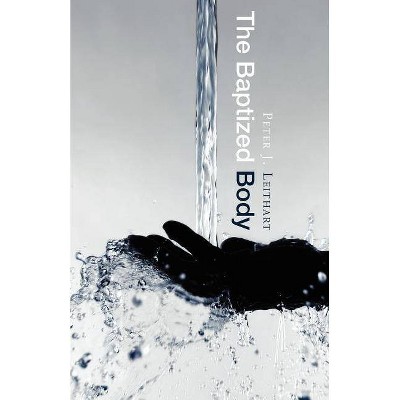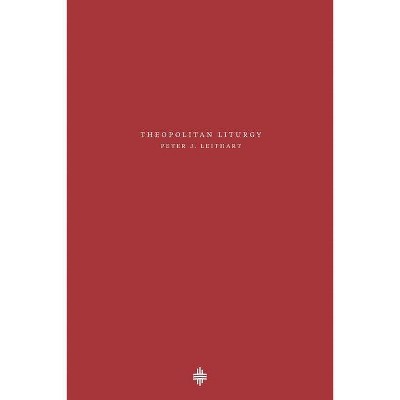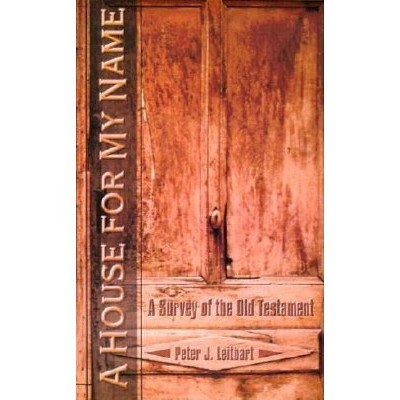Defending Constantine - by Peter J Leithart (Paperback)
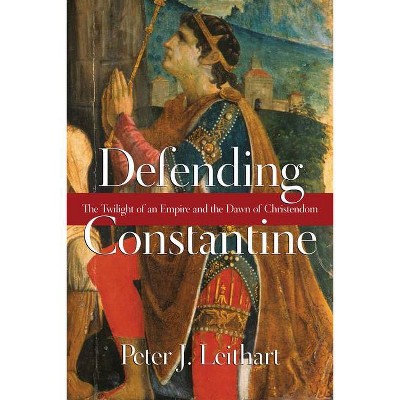
Similar Products
Products of same category from the store
AllProduct info
<p/><br></br><p><b> About the Book </b></p></br></br><p>Peter Leithart weighs what we've been taught about Constantine and claims that in focusing on these historical mirages we have failed to notice the true significance of Constantine and Rome baptized. He reveals how beneath the surface of this contested story there lies a deeper narrative--a tectonic shift in the political theology of an empire--with far-reaching implications.</p><p/><br></br><p><b> Book Synopsis </b></p></br></br><p>We know that Constantine</p><ul> <li>issued the <em>Edict of Milan</em> in 313</li> <li>outlawed paganism and made Christianity the official religion of the Roman Empire</li> <li>manipulated the Council of Nicea in 325</li> <li>exercised absolute authority over the church, co-opting it for the aims of empire</li> </ul><p>And if Constantine the emperor were not problem enough, we all know that Constantinianism has been very bad for the church. Or do we know these things? Peter Leithart weighs these claims and finds them wanting. And what's more, in focusing on these historical mirages we have failed to notice the true significance of Constantine and Rome baptized. For beneath the surface of this contested story there emerges a deeper narrative of the end of Roman sacrifice--a tectonic shift in the political theology of an empire--and with far-reaching implications. In this probing and informative book Peter Leithart examines the real Constantine, weighs the charges against Constantinianism, and sets the terms for a new conversation about this pivotal emperor and the Christendom that emerged.</p><p/><br></br><p><b> Review Quotes </b></p></br></br><br><p>Too many people, for far too long, have been able to murmur the awful word <em>Constantine, </em> knowing that the shudder it produces will absolve them from the need to think through how the church and the powers of the world actually relate, let alone construct a coherent historical or theological argument on the subject. Peter Leithart challenges all this, and forces us to face the question of what Constantine's settlement actually was, and meant. Few will agree with everything he says. All will benefit enormously from this challenge to easygoing received 'wisdom.'</p>--N. T. Wright, University of St. Andrews, Scotland<br><br><p>. . . this work should serve as a welcome redress of the often one-sided debate regarding Constantine and Constantinianism.</p>--Britton W. Norvell, Restoration Quarterly, 55:1 (2013)<br><br><p><em>Defending Constantine</em> demonstrates the enduring relevance of the Constantinian moment of the fourth century. While recent scholarship has focused mainly on the negative results, Leithart swings the pendulum back, reminding us of all the good that God brought about from this contested period of history.</p>--Trevin Wax, Christianity Today, March 2011<br><br><p>Here is an excellent scholarly and fair treatment of Constantine.</p>--Christian News, November 15, 2010<br><br><p>In <em>Defending Constantine</em> [Leithart] has done the historian, theologian, church leader, and layman a great service by providing an enjoyably readable historical-theological-conceptual look at this critical era of church history.</p>--Michael Philliber, Touchstone, January/February 2012<br><br><p>Leithart has written an important book that does more than help us to better understand the complex human being who bore the name of Constantine. . . As a pacifist I could not want a better conversation partner than Peter Leithart.</p>--Stanley Hauerwas, Christian Century, October 19, 2010<br><br><p>This book is a must read for anyone assaying to deal with Constantine in the foreseeable future; it is a valuable correction of the tendentious views that frame the first Christian emperor. Leithart's work is a welcome contribution to Constantine scholarship and should find its place in responsible library collections. Scholars will want to get their own copy, and many classes will be enriched by the addition of this book to the list of required readings.</p>--James R. Payton, Jr., Calvin Theological Journal, November 2012<br><br><p>This erudite work will be of interest to academic seminarians and theologians, as well as those seeking a historically sound Christian interpretation of Constantine.</p>--Matthew Connor Sullivan, Library Journal, December 2010<br>
Price History
Cheapest price in the interval: 23.99 on October 22, 2021
Most expensive price in the interval: 23.99 on November 8, 2021
Price Archive shows prices from various stores, lets you see history and find the cheapest. There is no actual sale on the website. For all support, inquiry and suggestion messages communication@pricearchive.us
